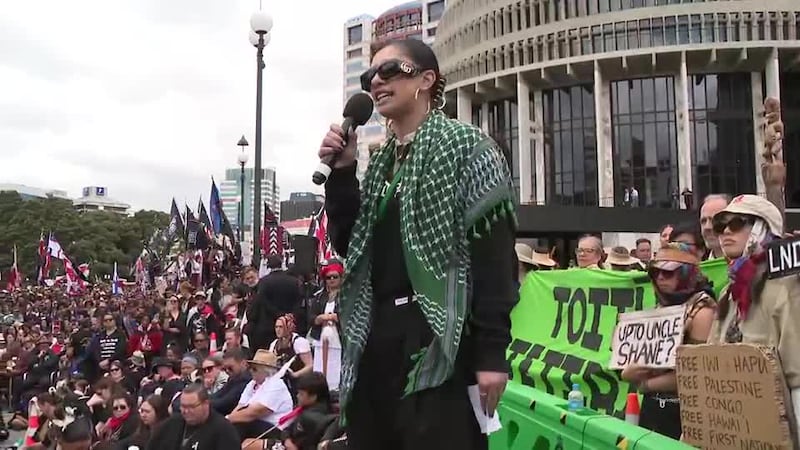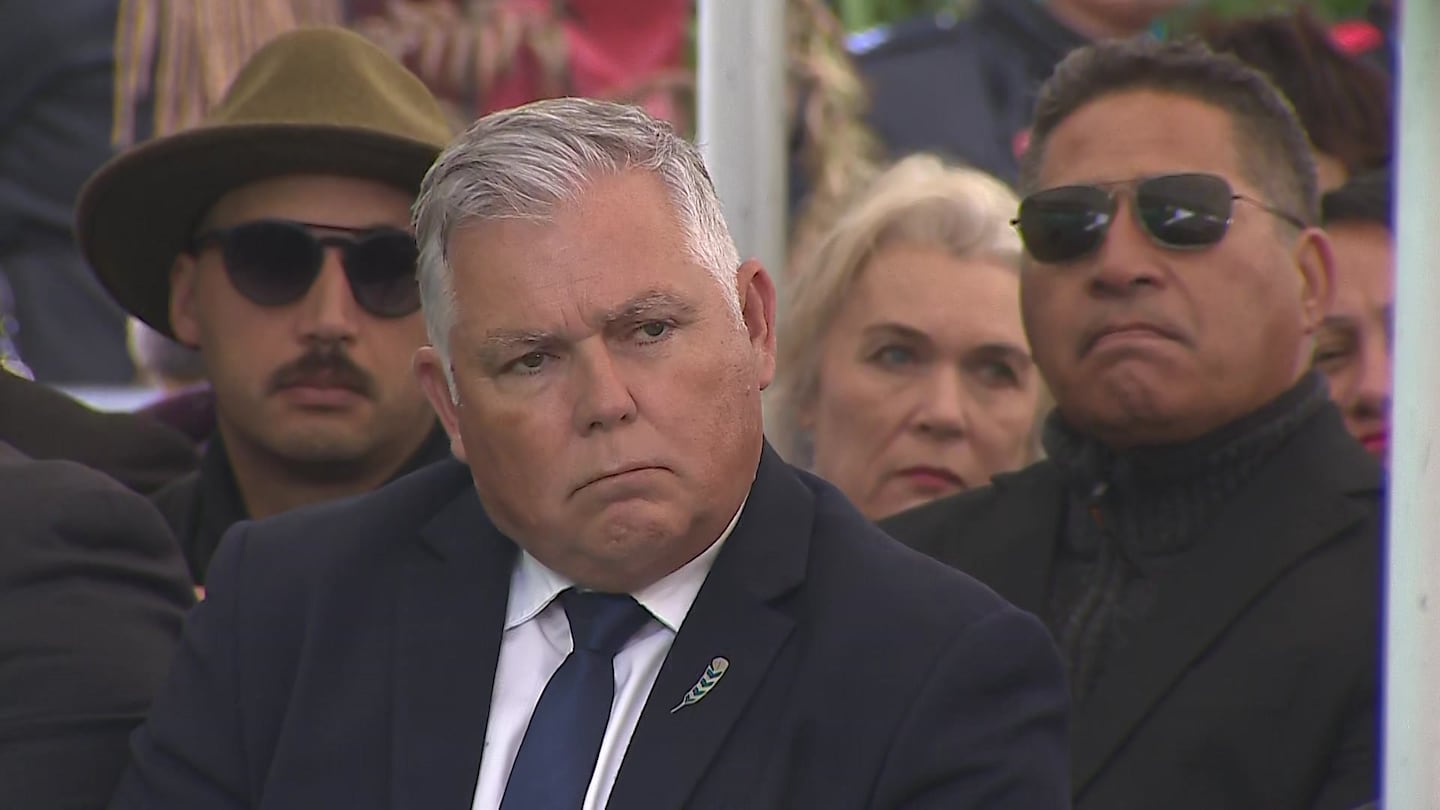It’s Scrutiny Week in Parliament, which means MPs can grill Ministers and their officials on this year’s budget decisions.
On Monday, Police Commissioner Richard Chambers and Police Minister Mark Mitchell faced questions on key issues, including recruitment shortfalls, gang-related crime, and the continued overrepresentation of Māori in police apprehensions and use-of-force incidents.
This year’s budget saw $480 million over four years to frontline policing, plus an additional $60 million over the same period for the Police Prosecutions Uplift Programme.
“Full of Reckons” Police Minister on scathing report
Mark Mitchell and Richard Chambers were questioned about the Understanding Policing Delivery (UPD) report commissioned by former Commissioner, Andrew Coster, in late 2022 to examine how the NZ Police engage with communities, especially Māori, and whether their systems and decisions are fair and equitable.
When it was released last year, it found that Māori are disproportionately impacted by police practices, and that systemic bias and structural issues within policing contribute to unequal outcomes.
The Minister said he thought the report was full of ‘reckons’ and struggles with the idea that Police are racist, because it does not align with his experience as a police officer on the East Coast, saying that any bias would not be tolerated if it was witnessed by fellow officers.
“I actually think we have a [Police force] that acts without fear or favour and that is colour blind.
“Māori are overrepresented, I agree completely. But the way to fix it is not by pointing the finger at Police and calling them racist, it’s actually about us working together,” Mitchell said
The numbers paint a stark picture
Māori make up 17% of Aotearoa’s population — yet account for 42% of arrests, 50% of use-of-force incidents, and more than half the prison population.
Numerous independent reports point to structural racism and systemic bias as driving factors, findings echoed by academics, iwi leaders, and justice advocates.
And despite years of reviews and promises of reform, under the current government, those figures show no improvement, and in some areas, they’re getting worse.
Green Party Police Spokesperson, Tamatha Paul, says the time for deflection is over.
“We know for a fact, the data shows us that Māori are more likely to interact with the Police and be punished: arrested, charged, convicted, and sentenced. That is a fact.

“It doesn’t matter who the Commissioner is. It doesn’t matter who the Minister is. Our leaders can either step up and commit to changing the systemic bias that exists within Police, or they can continue to deny it and let down Māori communities who live with this reality every day,” She said.
Commissioner Responds: “We Don’t Always Get it Right”
The Police Commissioner Richard Chambers told the Select Committee of the approximately 50 recommendations from Understanding Police Delivery, they are implementing about 7 or 8 of them.
Talking to media after the Committee, he acknowledged the public concern about the overrepresentation of Māori in police interaction statistics and the need to improve.
“Of course, we don’t always get it right, we need to learn from that and be stronger.”
When Te Ao News asked if he thinks unconscious bias exists in the Police, he stopped short of acknowledging unconscious bias as a systemic issue but reiterated the Police’s commitment to impartiality.
“No, no one in the Police tolerates bias, and if anyone thinks there’s a member of the Police who doesn’t see the importance of impartiality, then I want to know who they are,” he said.
The Commissioner believes they have implemented the right training that will ensure police do not make decisions based on race.
Police Recruitment
Recruitment was also a key focus during Monday’s scrutiny hearing, where Police Commissioner Richard Chambers and Minister Mark Mitchell faced questions about efforts to hire 500 new officers, a target set by the coalition government.
Chambers denied there was any directive to lower standards in response to the government’s policy, but confirmed he intervened after learning “discretion” had been used to admit some recruits who hadn’t initially met entry requirements. He has since instructed the Police College to only accept applicants who meet all mandatory standards.
An internal audit found discretion was being used more frequently, with some recruits failing initial tests but still being admitted, provided they passed before graduation. The issue gained attention after a review revealed more than 300 officers had not been assessed on their swimming abilities before graduating, prompting a wider review of training policies.




